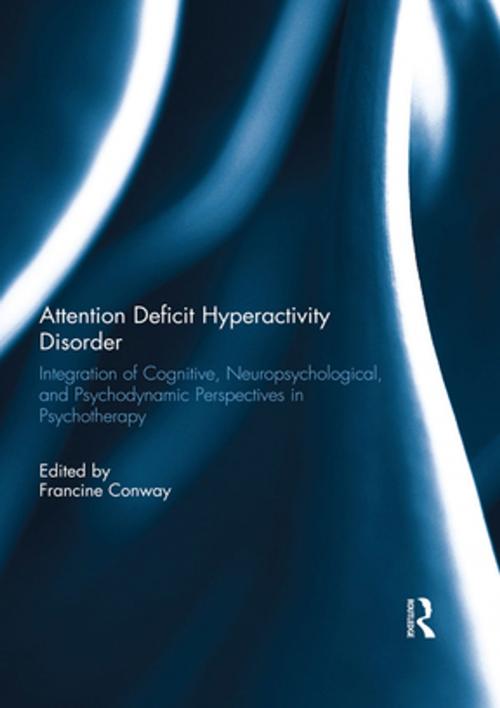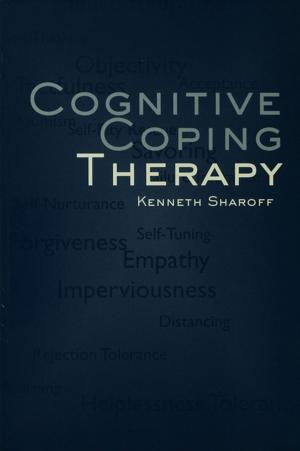Attention Deficit Hyperactivity Disorder
Integration of Cognitive, Neuropsychological, and Psychodynamic Perspectives in Psychotherapy
Nonfiction, Health & Well Being, Psychology, Child & Adolescent, Child Psychology| Author: | ISBN: | 9781317671626 | |
| Publisher: | Taylor and Francis | Publication: | December 22, 2015 |
| Imprint: | Routledge | Language: | English |
| Author: | |
| ISBN: | 9781317671626 |
| Publisher: | Taylor and Francis |
| Publication: | December 22, 2015 |
| Imprint: | Routledge |
| Language: | English |
For many researchers, clinicians, teachers, patients, and family members, the discourse on ADHD has been occurring in silos. Traditional ADHD camps are organized primarily in terms of neurological and cognitive perspectives and to a lesser extent psychoanalytic/psychodynamic perspectives. Those with an interest in ADHD have not been able to obtain a comprehensive understanding of the disorder and consequently have been restricted in psychotherapy treatment options. This book argues for the integration of the three perspectives on ADHD.
Drawing on the expertise of an international range of contributors, the volume addresses questions from a psychoanalytic vantage point which have considerable meaning in clinical work with children who have ADHD. They examine the role of trauma and attachment problems as both a possible antecedent to ADHD, and as an outgrowth of ADHD which predisposes the child to limitations in emotion regulation, social adversity, an even maltreatment. Several questions pertinent to psychodynamic treatment and relevant case studies are discussed including: a) the viability of psychoanalysis/psychodynamic treatment for ADHD children b) the impact of early traumatic experience on the child’s specific weaknesses in attention, over-reactivity and dysregulation c) contributions of problems in object relations and regressive defences to ADHD symptoms d) and the importance of other intrapsychic issues.
This book was originally published as a special issue of the Journal of Infant, Child and Adolescent Psychotherapy.
For many researchers, clinicians, teachers, patients, and family members, the discourse on ADHD has been occurring in silos. Traditional ADHD camps are organized primarily in terms of neurological and cognitive perspectives and to a lesser extent psychoanalytic/psychodynamic perspectives. Those with an interest in ADHD have not been able to obtain a comprehensive understanding of the disorder and consequently have been restricted in psychotherapy treatment options. This book argues for the integration of the three perspectives on ADHD.
Drawing on the expertise of an international range of contributors, the volume addresses questions from a psychoanalytic vantage point which have considerable meaning in clinical work with children who have ADHD. They examine the role of trauma and attachment problems as both a possible antecedent to ADHD, and as an outgrowth of ADHD which predisposes the child to limitations in emotion regulation, social adversity, an even maltreatment. Several questions pertinent to psychodynamic treatment and relevant case studies are discussed including: a) the viability of psychoanalysis/psychodynamic treatment for ADHD children b) the impact of early traumatic experience on the child’s specific weaknesses in attention, over-reactivity and dysregulation c) contributions of problems in object relations and regressive defences to ADHD symptoms d) and the importance of other intrapsychic issues.
This book was originally published as a special issue of the Journal of Infant, Child and Adolescent Psychotherapy.















